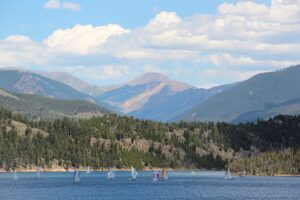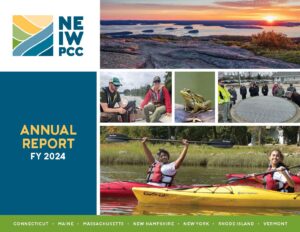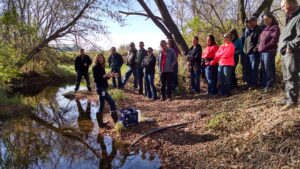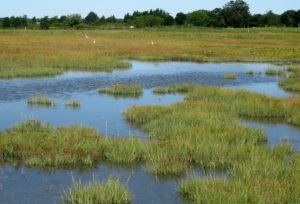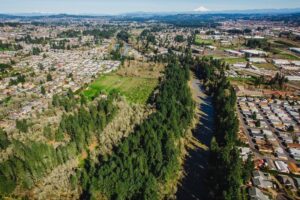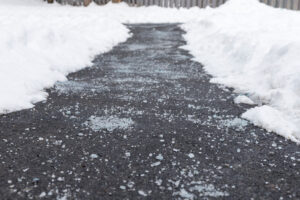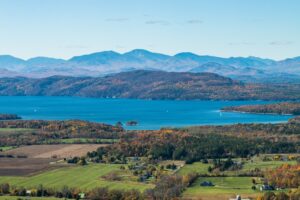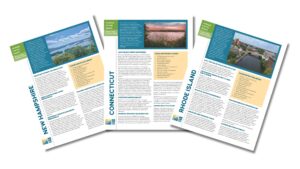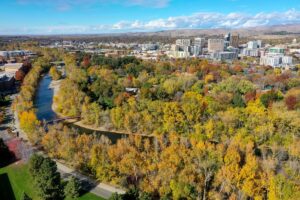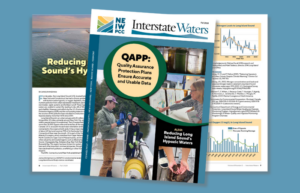-
Clean Water Podcast Explores Successful Maintenance of Water Quality in Colorado Reservoirs
The latest episode of the “Clean Water Pod” podcast features Dillon Reservoir in Summit County, Colorado. Known for its clear, deep blue waters, the reservoir serves as a drinking water…
-
Annual Report Details Scope of NEIWPCC’s Work
NEIWPCC’s 2024 annual report is now available, both online and in print. It features a summary of NEIWPCC’s work in the Northeast, highlighting how each project supports the mission of…
-
Clean Water Podcast Showcases Adaptive Management Practices at Wisconsin Utilities
In this episode of the “Clean Water Pod” podcast, listeners learn about reducing phosphorus loading to waterways in Green Bay and Madison, Wisconsin using adaptive management practices. Both utilities highlight…
-
New Report Examines Habitat Connectivity in the Long Island Sound
The Long Island Sound Study (LISS) and its partners have a new resource to inform habitat conservation actions. The “Assessment of Existing Coastal Habitat Connectivity Data and Models for Feasibility…
-
Clean Water Podcast Features Water Quality Trading Program in Oregon
In this episode of the “Clean Water Pod” podcast, listeners head to Oregon’s salmon-rich Tualatin River to learn about a unique approach to addressing temperature pollution. Host Jeff Berckes speaks…
-
Hold the Salt: Reducing Winter Salt Application
By Beth MacBlane Across the globe and especially here in the Northeast, a dramatic increase in sodium chloride concentrations in freshwater has been documented due, in large part, to road…
-
Clean Water Podcast Explores Interstate Efforts to Improve Health of Lake Champlain
The latest episode of the “Clean Water Pod” podcast addresses phosphorus pollution in Lake Champlain, which is located between New York, Vermont, and Canada. Host Jeff Berckes interviews a trio…
-
Summaries Highlight NEIWPCC’s Annual Work for Each Member State
NEIWPCC has published its annual “State Summaries,” outlining the organization’s work and impact in each of its seven members states throughout the fiscal year 2023-2024. These two-page reports also share…
-
Clean Water Podcast Explores a Watershed-based Approach to Phosphorus Removal in Idaho’s Boise River
In the latest episode of the “Clean Water Pod” podcast, listeners head to Boise, Idaho to learn about an innovative approach to the Lower Boise River Total Maximum Daily Load…
-
Fall Issue of Interstate Waters now Available
The Fall 2024 issue of NEIWPCC’s biannual magazine, “Interstate Waters,” is now available both online and in print. The cover story focuses on NEIWPCC’s Quality Assurance Project Plans – mandated…
